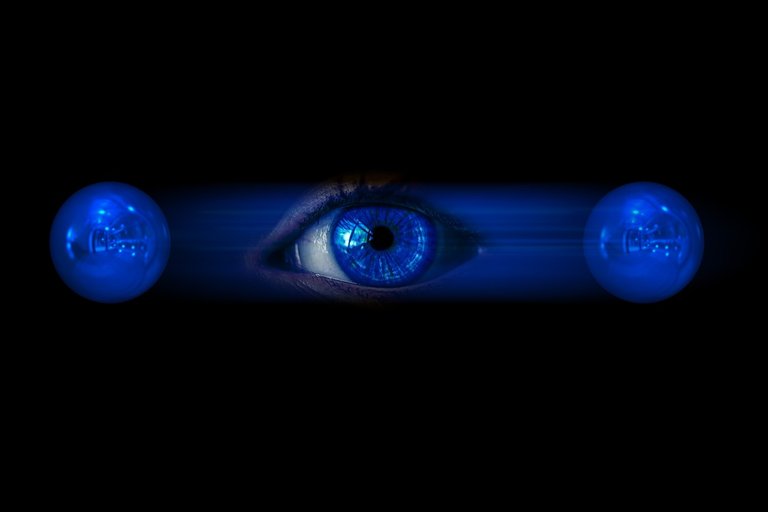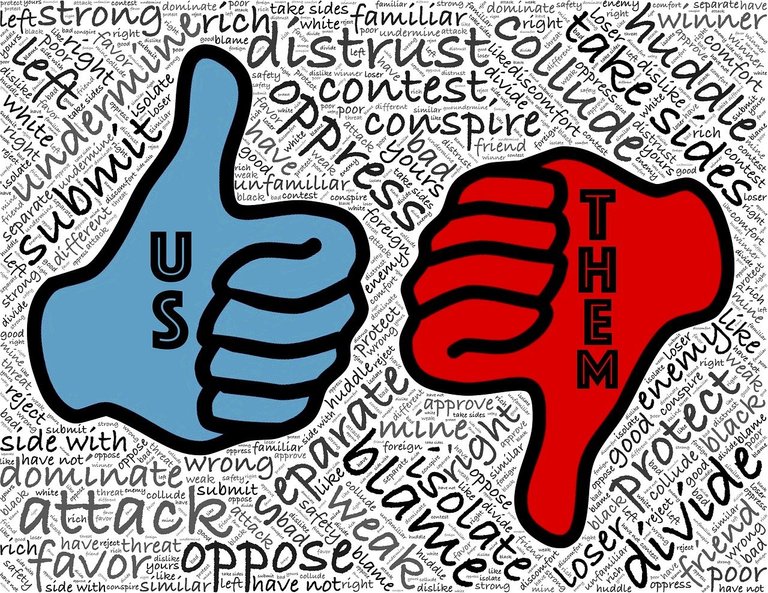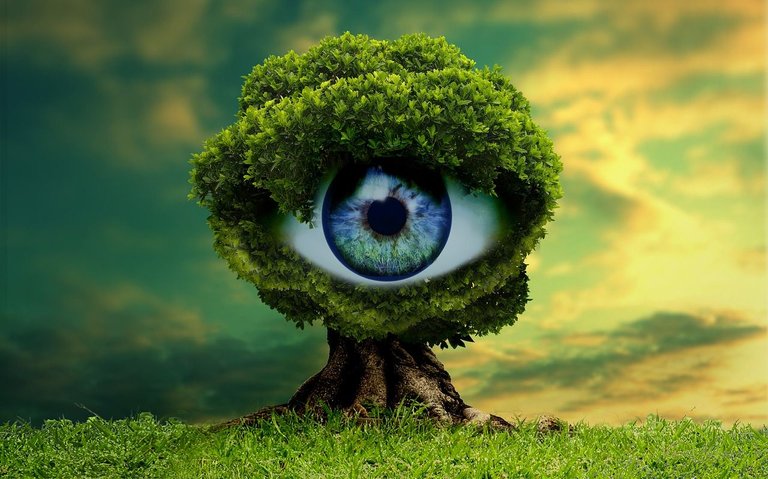Diversity of opinions - A challenge for freedom of expression?

We live in a world of information, where a multitude of theories and perspectives bombard us daily. From breaking news to bizarre conspiracy theories, we are exposed to a wide range of, sometimes conflicting, opinions. This diversity of voices can be stimulating, provoking critical thinking and inspiring new perspectives. However, it also raises a number of important questions:
- How far does freedom of speech extend?
- How do we protect ourselves from false or harmful theories?
- How can we have constructive discussions in the face of disagreement?
Any theory deserves attention, it deserves to be researched (it is or it is not - that's what we all do with regard to many types of information). It is wrong to eliminate, remove or criticize a mentality that seeks to offer new perspectives regarding certain types of theories. You learn it, you study it, you experiment - you fight it amicably by adding as clear evidence as possible, in no case through criticism.
Through pompous words, rude criticisms or through selfish expositions that seek to show intellectual superiority... you will never be able to change the perception of others about your reality. There are people who have personal reasons for displaying such theories - the problem is that no one will learn anything good by eliminating or hiding such types of theories that are considered to be less extravagant.
At the moment, we do not compare ourselves to medieval level that humanity has experienced, and this is due to the fact that there are currently no harsh punishments for other mentalities that propagate conspiratorial theories and ideas in the public environment - they spoil everyone's imagination, improve it by causing the emergence of new types of literary and of course cinematic epic creations. Many of the theories leave a series of question marks regarding possible experiments hidden from the eyes and ears of the global public.

- Even if for many of us a variety of theories prove to be harmless, there are certain categories of people who will perceive those theories as offensive.
Freedom of expression vs. misinformation
We are in a delicate balance between freedom of expression and the responsibility to combat misinformation and hate speech. We must be open to various perspectives, but also critical and vigilant in the face of theories that may have negative consequences.
On the one hand, it is essential to protect freedom of expression, which allows a democratic society to function properly. People should be free to express their opinions, even controversial ones, without fear of being censored or persecuted.
Suppressing any opinion, no matter how controversial it may seem, would be a serious violation of fundamental freedom of expression. Even unsubstantiated or extravagant theories can play an important role in stimulating creativity and innovation. They can provoke critical thinking, question preconceived ideas and inspire new perspectives.
For example, many famous works of literature and cinema have been inspired by controversial theories. Think of George Orwell's novels, which explored the consequences of totalitarianism, or Stanley Kubrick's films, which raised profound questions about the nature of reality and humanity.

However, it is important to be aware of the potential danger of false or harmful theories. Some theories may be propagated with the intention of manipulating or inciting violence, hatred or discrimination. In such cases, it is essential to counter these theories with solid arguments and clear evidence, not through crude criticism or personal attacks.
It is also important to protect vulnerable groups from the negative effects of false theories. For example, conspiracy theories that promote racism, sexism or anti-Semitism can have a devastating impact on people's lives.
Dialogue on a constructive level
The key to navigating this complex world of information is constructive dialogue and mutual respect. Even when we disagree with a certain opinion, we must be able to listen to it with openness and analyze it with discernment.
Media literacy and critical thinking are essential to help us discern between credible and fake news. We must learn to fact-check reliable sources, identify biases, and critically evaluate arguments.

Diversity of opinion is a challenge, but also an opportunity. It tests our ability to think critically, adapt to new perspectives and have constructive discussions. Through open dialogue, mutual respect and media literacy, we can transform this diversity into a source of creativity, innovation and progress.
This article is only a starting point for a larger discussion on this important topic. I invite you to share your views with me in the comments!

Most works of literature is mostly based on history or fighting for people based on what people have been going through and a way to speak out on behalf of people
sharing is caring https://twitter.com/MunirTahir67705/status/1784165886451941623
https://twitter.com/lee19389/status/1784321501971247562
#hive #posh